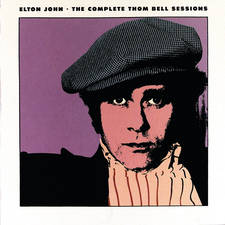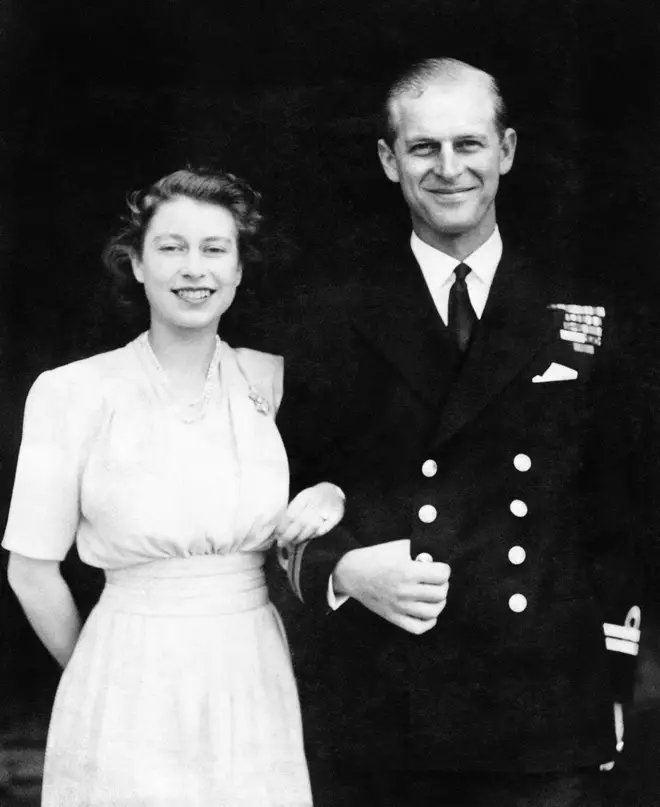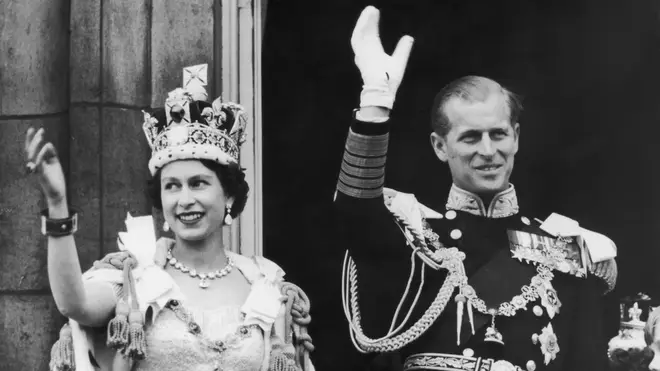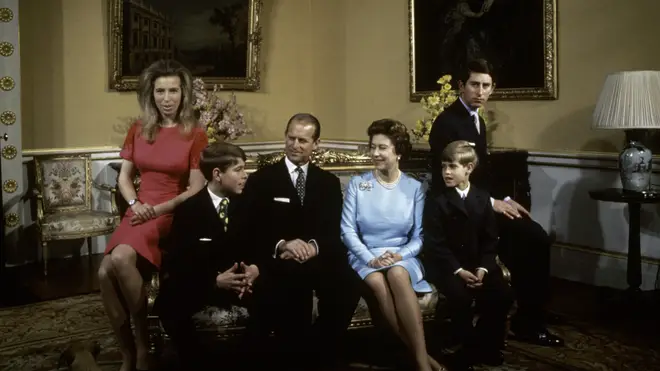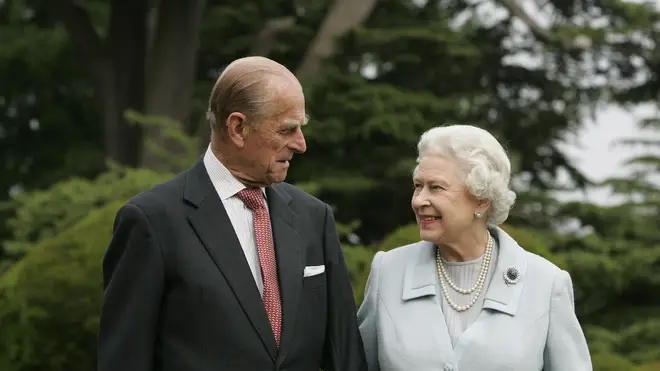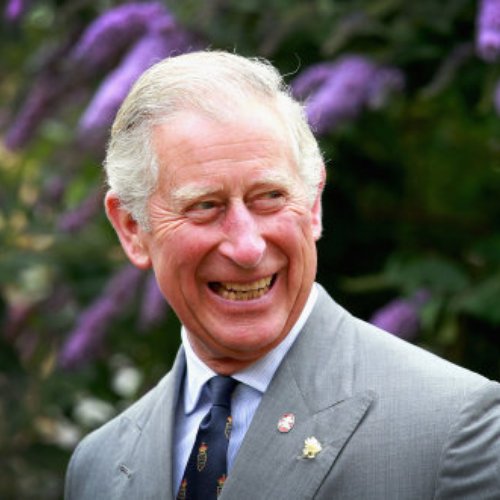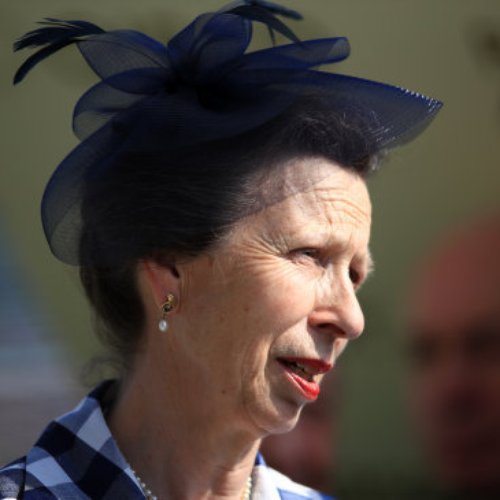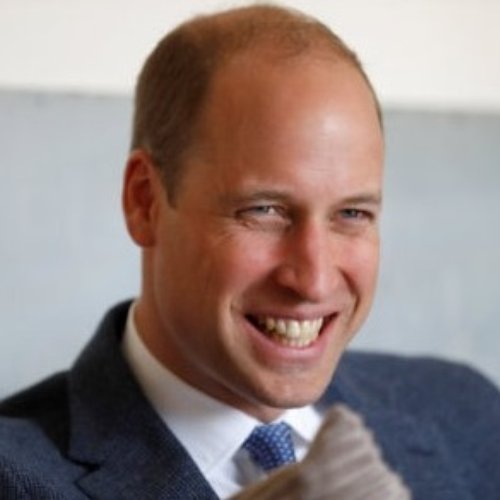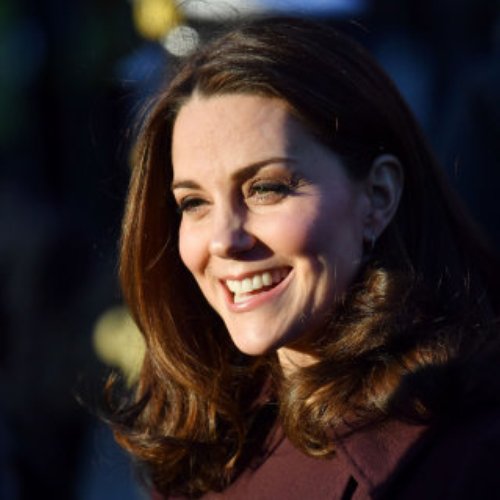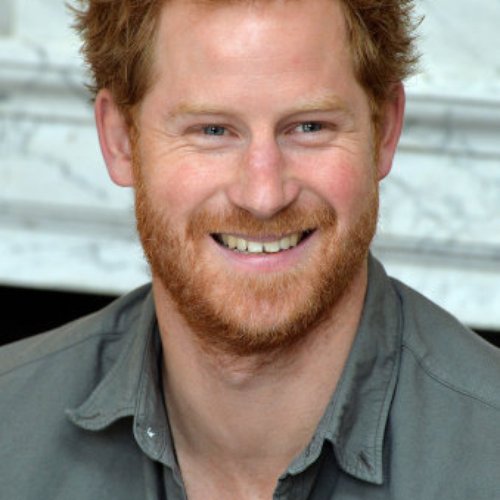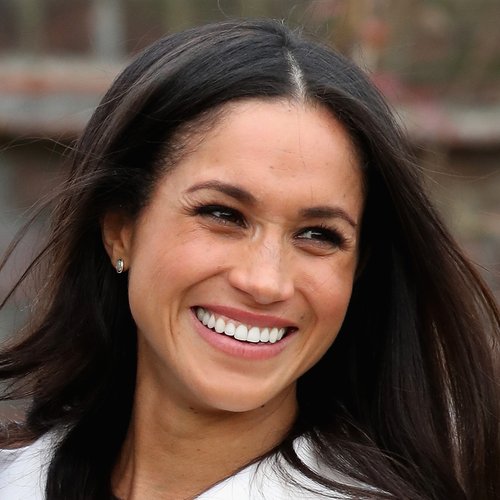Prince Philip facts: The Duke of Edinburgh's marriage, children, parents and life explained
17 April 2021, 16:39
The Duke of Edinburgh was the longest-serving Royal consort in British history.
Prince Philip was always been seen by the Queen's side, ever since they married over 70 years ago.
Here are all the important and interesting facts about Prince Philip, following the sad news that he has died, aged 99:
-
When did the Queen meet Prince Philip?
Picture: PA When King George IV and Queen Elizabeth toured the Royal Naval College in Dartmouth in 1939, the Prince was asked to chaperone their daughters and his third cousins, Elizabeth and Margaret.
Elizabeth fell in love with Philip and they began to exchange letters when she was aged 13. In 1946, he asked the King for his daughter's hand in marriage.
-
When did the Queen and Prince Philip marry?
Picture: Getty Their engagement was announced on July 10, 1947.
The couple were married on November 20, 1947 at Westminster Abbey. The wedding was broadcast on the radio to 200 million people worldwide.
-
When was Prince Philip born?
Prince Philip was born on June 10, 1921.
He celebrated his 99th birthday in 2020.
-
Who are Prince Philip's children?
Picture: Getty In 1948, the Queen and the Duke's first son Prince Charles was born, followed by Princess Anne in 1950. They went on to have two more sons, Prince Andrew in 1960, and four years later Prince Edward.
He also has eight grandchildren in Prince William, Prince Harry, Peter and Zara Phillips, Princess Beatrice, Princess Eugenie, Lady Louise Windsor and James Viscount Severn. He also has seven great-grandchildren including Prince George, Princess Charlotte and Prince Louis.
-
Who were Prince Philip's parents?
The Duke was the only son and fifth and final child of Prince Andrew of Greece and Denmark and Princess Alice of Battenberg.
His mother was placed in an asylum after being diagnosed with schizophrenia a few years after his birth, and his father moved to a small flat in Monte Carlo. Philip had little contact with his mother for the rest of his childhood.
His father died in 1944 aged 62, while his mother passed away in 1969 aged 84 at Buckingham Palace.
His godparents were his grandmother Queen Olga of Greece and Alexandros S Kokotos, Mayor of Corfu.
-
How many siblings did Prince Philip have?
Philip's four elder sisters were Margarita, Theodora, Cecilie, and Sophie.
In 1937, his sister Cecilie, her husband Georg Donatus, Hereditary Grand Duke of Hesse, her two young sons, her newborn infant and her mother-in-law were killed in an air crash at Ostend.
In post-war Britain, it was not acceptable for any of the Duke's German relations to be invited to his wedding, including his three surviving sisters, all of whom had married German princes, some with Nazi connections.
-
What was Prince Philip's nationality?
Picture: Getty Philip was born into the Greek and Danish royal families and spent the first year and half of his life in Greece.
His family was forced into exile, and left the Greek island on board the HMS Calypso, a Royal Navy gunboat.
His father was the son of a Danish prince, who asked to become King George I of the Hellenes in 1863. His English mother Alice was Lord Louis Mountbatten's sister.
Alice's father was a German prince who entered the British Royal Navy and gave up his German titles at the request of King George V.
-
Is there really a tribe that worships Prince Philip?

Prince Phillip Worshipped as a God By Islanders
Yes!
The Prince Philip Movement is a religious sect followed by the Kastom people in the Yaohnanen village on the southern island of Tanna in Vanuatu. It is a cult of the Yaohnanen tribe, who believe that Prince Philip is a divine being.
Ancient Yaohnanen tales state that the son of a mountain spirit travelled over the seas to a distant land. There, he married a powerful woman and would eventually return.
The people of the Yaohnanen area saw the respect given to Queen Elizabeth II by the colonial officials, and concluded that her husband must be the son referred to in their legends.
Philip sent the tribe a signed portrait of himself, and the villagers responded by sending him a traditional pig-killing club called a nal-nal. In compliance with their request, the Prince sent a photograph of himself posing with the club.
